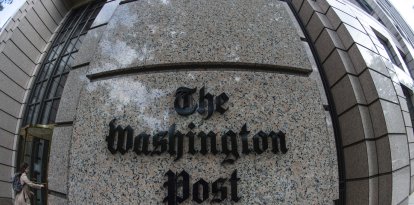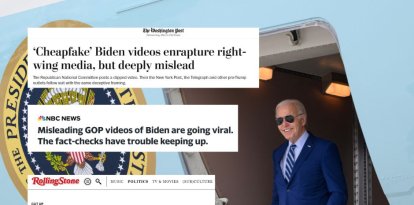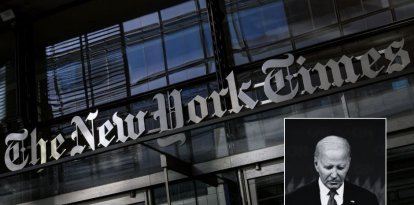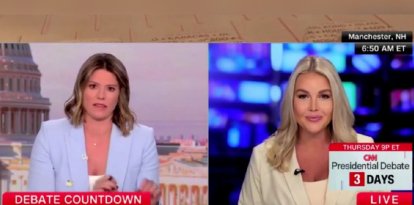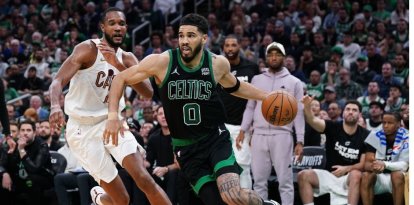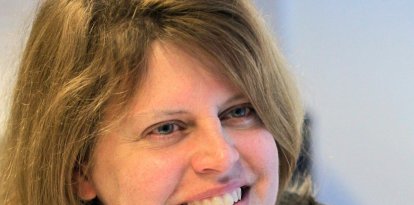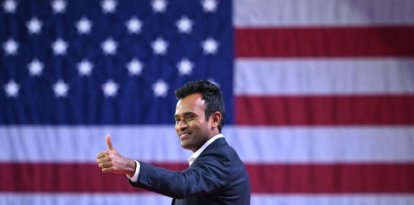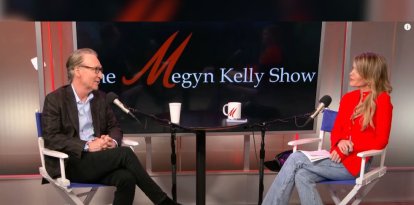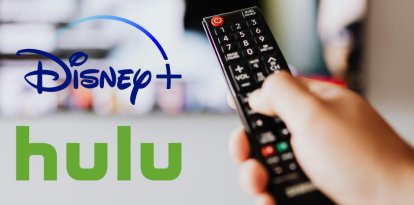Twitter suspends the accounts of several journalists from 'CNN,' 'The New York Times' and 'The Washington Post'
Elon Musk justified the decision to block the profiles based on the policy law against 'doxing,' a rule that prevents disclosing public information about an individual.
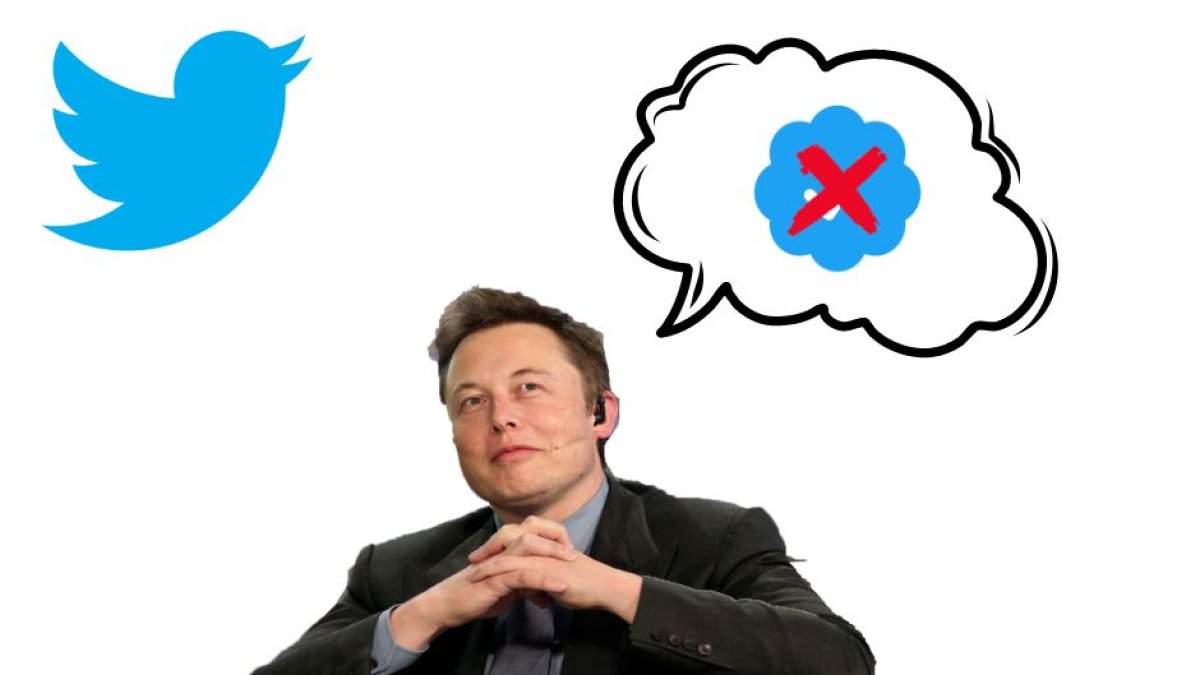
(Wikimedia Commons / Voz Media)
On Thursday, Twitter the accounts of several journalists working for media outlets such as CNN, The New York Times or the Washington Post. It did so suddenly and without giving any kind of warning, something that raised many reactions against it since, mainly, the censored reporters belonged to media companies critical of Elon Musk, the CEO of the social network.
Some of the people who no longer have access to their profiles on Twitter are Donie O'Sullivan, a correspondent for CNN; Ryan Mac, technology reporter for The New York Times; Drew Harwell, a reporter for the Washington Post; Micah Lee, of The Intercept; Steve Herman, correspondent for Voice of America; Matt Binder, columnist for Mashable; Keith Olbermann, MSNBC's formen anchor; or Aaron Rupar, Vox's expert journalist. Another of the profiles that also received a withering and immediate block was Mastodon, the social network that emerged as a refuge for those fleeing Twitter.
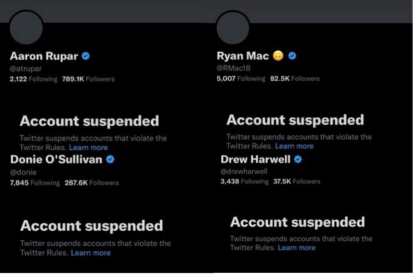
Progressive media outrage with Musk
The media whose journalists were harmed were quick to react to the suspension. CNN was one of them. The television network tweeted a brief statement showing its outrage at Musk's decision:
The New York Times also echoed the news. The newspaper, through a statement issued by one of its spokespersons, Charlie Stadtlander, declared that it considers the blockades to be "questionable":
The executive editor of the Washington Post, Sally Buzzby, also commented on the suspension of one of its journalists, Drew Harwell, whose account she said, should be restored "immediately":
Musk defends himself from criticism and claims suspended accounts committed 'doxing'
Elon Musk, who tweeted in April that he hoped "that even my worst critics remain on Twitter, because that is what free speech means," justified suspending these journalists on the anti-doxing policy. A rule that, in his opinion, these journalists breached by disclosing information about his private jet:
The term 'doxing' describes the act of intentionally and publicly disclosing personal information about an individual or organization, usually over the Internet.
Twitter's CEO assured that the suspension would last 7 days. A duration that, as usual, he consulted through a Twitter poll that is still open:













